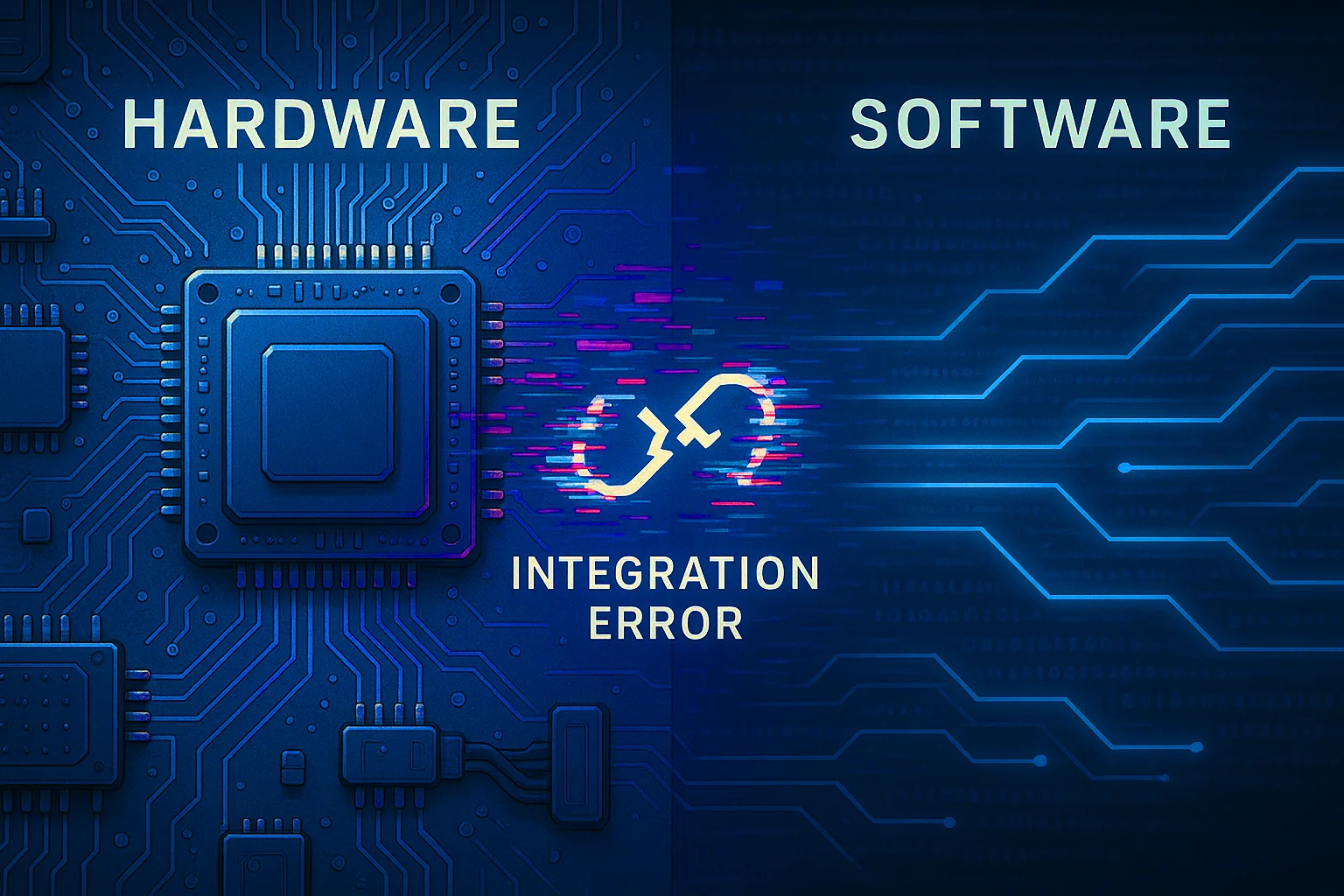Introduction
As technology continues to play an increasingly central role in the business landscape, software outsourcing partnerships have proven to be an invaluable resource for organizational success. By working with a software development partner, your organization gains access to transformative, custom solutions that drive enhanced productivity and innovation. This is because custom solutions offer unparalleled opportunities to address unique organizational needs and challenges, optimize processes, and stay ahead in the market.
But how can you make sure to get the most out of these pivotal relationships and projects? The essence of a successful partnership lies in effective communication, mutual respect, and a shared vision. We’ve taken our decades of experience working with businesses to identify strategies and offer tips on how to foster a productive and valuable relationship with a custom development partner.
8 Tips for a Successful, Productive Relationship
1. Clear Communication:
Clear, concise, and open communication is the cornerstone of any successful partnership. Practices like regular check-ins and updates keep both parties informed about project progress and any emerging roadblocks. The use of live communication tools like Slack or Microsoft Teams can help facilitate these real-time conversations, ensuring alignment and mutual understanding. It’s also beneficial to share insights about your communication style and preferences with your outsourcing partner as a way to set out on the right path before the project goes into full swing.
2. Define Expectations and Goals:
Setting clear expectations and goals from the outset of the project is paramount. Explicitly articulating the project’s objectives, deliverables, timelines, and quality standards ensures alignment and serves as a roadmap, preventing misunderstandings and fostering mutual satisfaction. With the expectations and goals clearly set, your outsourcing partner will be able to hit the ground running and move with confidence through the development process.
3. Establish a Collaborative Culture:
Whether your outsourcing partner is undertaking all of the project’s development work, or simply augmenting your organization’s development team, creating a culture that values collaboration and inclusivity is crucial. You can help foster this type of environment by encouraging all team members to voice their ideas, feedback, and concerns openly. This type of inclusive environment ensures that every team member feels valued and heard, promoting a sense of unity and shared responsibility.
4. Commit to Proven Development Methodologies:
Software development project success hinges on efficient processes. Seasoned development teams utilize various, proven development methodologies like Agile, Scrum, and Waterfall to enhance adaptability, efficiency, and project success. These approaches involve processes like regular sprint reviews and retrospectives to facilitate continuous improvement and adjustments to changing requirements, ensuring the project remains resilient to emerging needs and challenges. Make sure your team understands and, if applicable, utilizes these proven methodologies to enhance your overall project success.
5. Constructive Feedback:
Constructive feedback can come from both sides of the custom development partnership. When either partner misses the mark, constructive feedback is a powerful tool for timely pivots and improvements. For example, one organization might offer constructive feedback to the other organization’s team through a code review or make suggestions for improving its development processes.
It’s necessary that both parties not only feel comfortable providing and receiving constructive feedback, but also promptly acting on it. This approach refines processes and outcomes, enhancing the overall quality of the project.
6. Embrace Transparency:
Transparency is integral to building and maintaining trust with your development partner. Openly sharing information regarding project status, challenges, and progress enables informed decision-making and contributes to the overall success and integrity of collaboration. Transparency goes both ways as well. A good development partner should provide transparency and honesty regarding all aspects of the development process on their end.
7. Develop a Shared Vision:
Creating a shared vision sets a compass direction for the partnership. Collaboratively developing a mutual understanding of the project’s purpose and the impact you aim to achieve serves to foster commitment and purpose among team members. Sharing information about your vision from the project’s onset will help ensure that the end product fits within the greater scope of your needs and ambitions.
8. Address Challenges Proactively:
Proactively addressing challenges is crucial for the longevity and success of any partnership. Collaboratively exploring solutions and learning from each experience strengthens the partnership and ensures its sustained success.
The Value of Software Outsourcing:
Outsourcing custom software development is beneficial for businesses seeking cost-effective and scalable solutions, as well as startups with limited resources who are looking to quickly build and launch their software products.
Custom software developers like Geisel Software offer the following benefits:
Cost-Effectiveness: Outsourcing can be more cost-effective by reducing overhead costs, eliminating recruitment and training expenses, and offering scalable solutions with predictable budgeting. Additionally, faster development cycles and access to the latest technologies can accelerate revenue generation and reduce maintenance costs.
Scalability: External partners can quickly scale up or down based on your project’s requirements. This relieves both the financial and time burden of hiring, training and later laying off full-time employees from internal teams.
Risk Mitigation: The responsibility of delivering a project successfully is shared with the outsourcing partner. If any issues arise, both parties work together to resolve them, distributing the risk. Outsourcing can also help in mitigating operational risks such as recruitment challenges, employee turnover, and training costs.
Faster Time-to-Market: External partners’ deep expertise and resources allow them to deliver products faster than internal teams, allowing you to capture revenue earlier, establish brand leadership, and drive innovation in your industry.
Innovation: Partnering with an external team gives you access to a diverse set of technical skills and engineers who are passionate about staying ahead of the technology curve. Additionally, outsourcing partners often bring new perspectives and ideas, leading to innovative solutions that an in-house team might not have considered.
Focus on Core Competencies: Outsourcing your software development needs to an external partner allows your team to focus on its core competencies. By channeling resources and energy into what you do best, your organization can differentiate itself in the marketplace and deliver unparalleled value to its customers.
By aligning with a software outsourcing partner, organizations can leverage specialized skills and expertise to quickly develop innovative solutions that keep them a step ahead of the competition.
Final Thoughts
The journey to building a successful partnership is continuous and rewarding. It involves nurturing the relationship, leveraging each other’s strengths, and collaboratively working towards common objectives. A well-forged partnership with a custom developer means ready access to powerful custom software solutions. And, if managed correctly, that partnership will live beyond your initial project, and remain a vital resource to your organization far into the future.
Let’s get to work on your next project! Get in touch with our team and take that first step towards powerful, game-changing software solutions.





